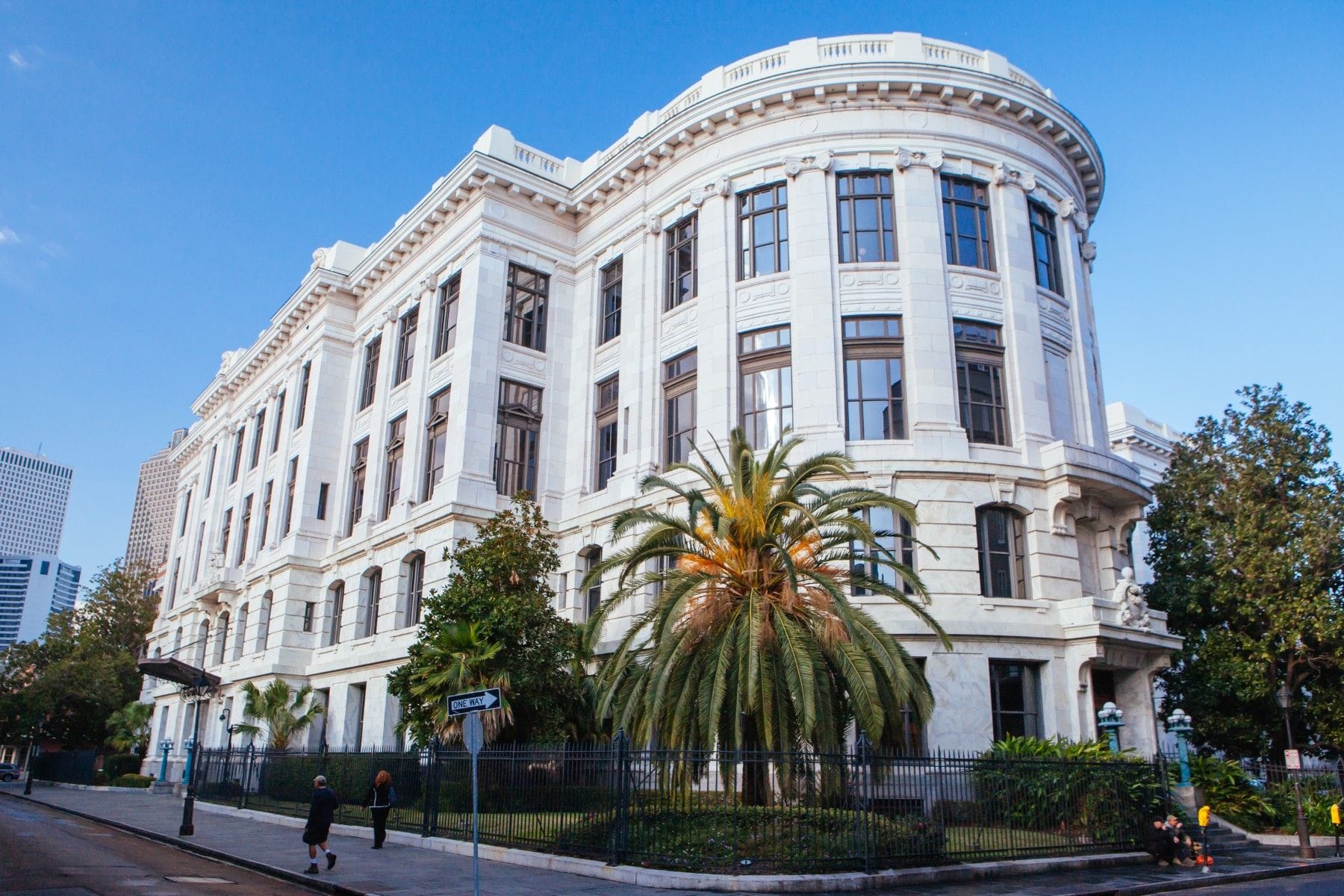Louisiana Expert Witness Disclosure Requirements
Louisiana requires timely expert witness disclosures during litigation, emphasizing thorough documentation and updates to ensure fair trial preparation.
Updated on
In this article
When Are Expert Witness Disclosures Required in Louisiana?
In Louisiana, the requirements and timing for expert witness disclosures are governed by the Louisiana Code of Civil Procedure and local court rules. Typically, expert witness disclosures are required during the discovery phase of litigation. According to Article 1425 of the Louisiana Code of Civil Procedure, disclosures are usually necessitated well before trial, ensuring all parties have adequate time to prepare for expert testimony.
Initial Disclosure Deadlines: The initial expert witness disclosures must generally be made in accordance with the scheduling order set by the court. The court's scheduling order will dictate specific deadlines for the disclosure of expert witnesses, which often occur several months before the trial date. This allows for sufficient time to conduct depositions and any necessary follow-up discovery.
Supplemental Disclosure Timelines: Louisiana law mandates that parties must supplement their disclosures if they learn that the information disclosed is incomplete or incorrect in some material respect. This supplementation must occur in a timely manner, often as soon as practicable after the need for supplementation is discovered. However, the court’s scheduling order may specify a deadline for all supplemental disclosures.
Case-Specific Timing: In complex cases or those involving multiple experts, the court may set specific deadlines for different categories of experts, such as medical experts or economic experts. These deadlines are typically outlined in the pre-trial scheduling order and are crucial for maintaining the orderly progression of the case.
Information That Must Be Included in the Disclosure
Louisiana's rules require comprehensive information to be included in expert witness disclosures to ensure transparency and allow for effective cross-examination. The following elements are typically mandated:
- Expert Qualifications: A detailed account of the expert's qualifications, including their education, training, and experience, must be provided. This helps establish the expert's credibility and relevance to the case.
- Expert Opinions: The disclosure must include a summary of the expert’s opinions and the basis for these opinions. This includes any methodologies used by the expert to arrive at their conclusions.
- Data Considered: All data and information considered by the expert in forming their opinions must be disclosed. This includes studies, reports, and any other relevant materials.
- Fee Structures: The compensation arrangement for the expert's services should be outlined, which includes hourly rates, total compensation, and any contingent fee arrangements.
- Prior Testimony: A list of cases in which the expert has previously testified, including depositions and trials, typically over the past four years, must be included.
Supplementing and Amending Expert Disclosures
The duty to supplement or amend expert disclosures in Louisiana is a continuous obligation. Parties must update their disclosures if they discover new information that makes previous disclosures incomplete or inaccurate.
When Supplementation is Required: Supplementation is required when there are changes in the expert's opinions or new data that affects the expert's testimony. This ensures that all parties are working with the most current and accurate information.
Consequences of Failing to Update Disclosures: Failure to appropriately supplement expert disclosures can lead to significant legal consequences. The court may exclude the expert's testimony, impose sanctions, or allow adverse inferences to be drawn by the jury.
Consequences of Failing to Properly Disclose an Expert
The repercussions for failing to comply with expert disclosure requirements in Louisiana can be severe and may significantly impact the outcome of a case.
- Exclusion of Testimony: One of the primary penalties for non-compliance is the exclusion of the expert's testimony. If a party fails to disclose an expert witness or their opinions in accordance with the court's schedule, the court may prohibit the expert from testifying at trial.
- Motions to Strike Experts: Opposing parties may file motions to exclude the expert from the case if proper disclosures are not made. Such motions can lead to the disqualification of the expert's testimony if the court finds that disclosure rules were violated.
- Sanctions: The court may impose monetary sanctions against parties that fail to adhere to disclosure rules. These sanctions aim to compensate the opposing party for any prejudice suffered due to the non-disclosure.
- Broader Litigation Risks: Inadequate disclosure can undermine a party's credibility, potentially leading to unfavorable rulings or settlements. It can also result in wasted resources and increased litigation costs.
State-Specific Rules and Key Considerations
Louisiana's expert witness disclosure rules share similarities with the Federal Rules of Civil Procedure but have unique aspects that legal practitioners must consider:
- Article 1425 of the Louisiana Code of Civil Procedure: This statute specifically governs the disclosure of expert witnesses and is pivotal in understanding the state's requirements.
- Local Court Rules: Various judicial districts in Louisiana may have their own rules that supplement state law, providing additional guidance on disclosure timelines and requirements.
- Notable Case Law: Louisiana courts have addressed expert disclosure issues in several cases, such as Jones v. LSU Health Sciences Center, which emphasized the importance of timely disclosure


